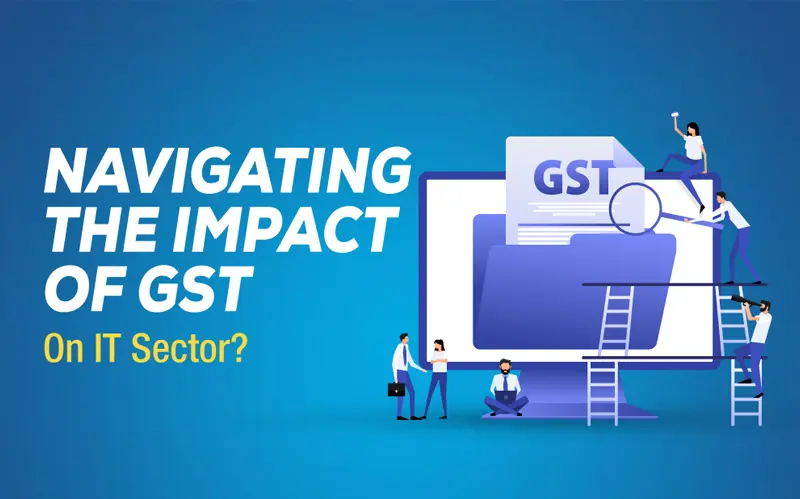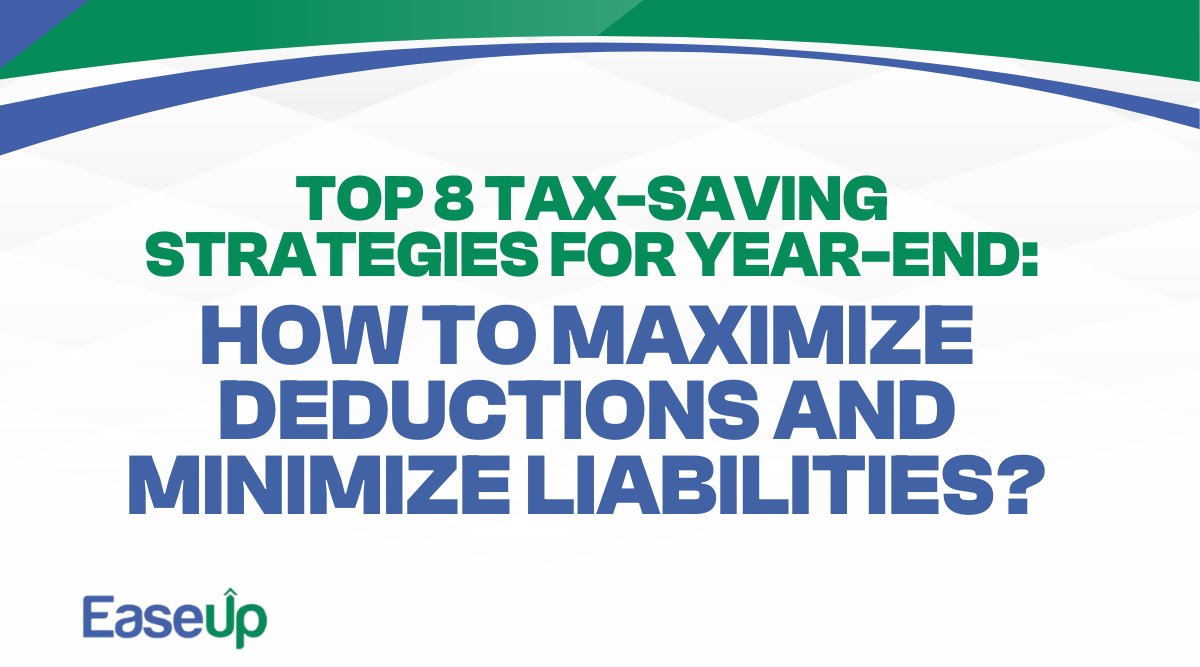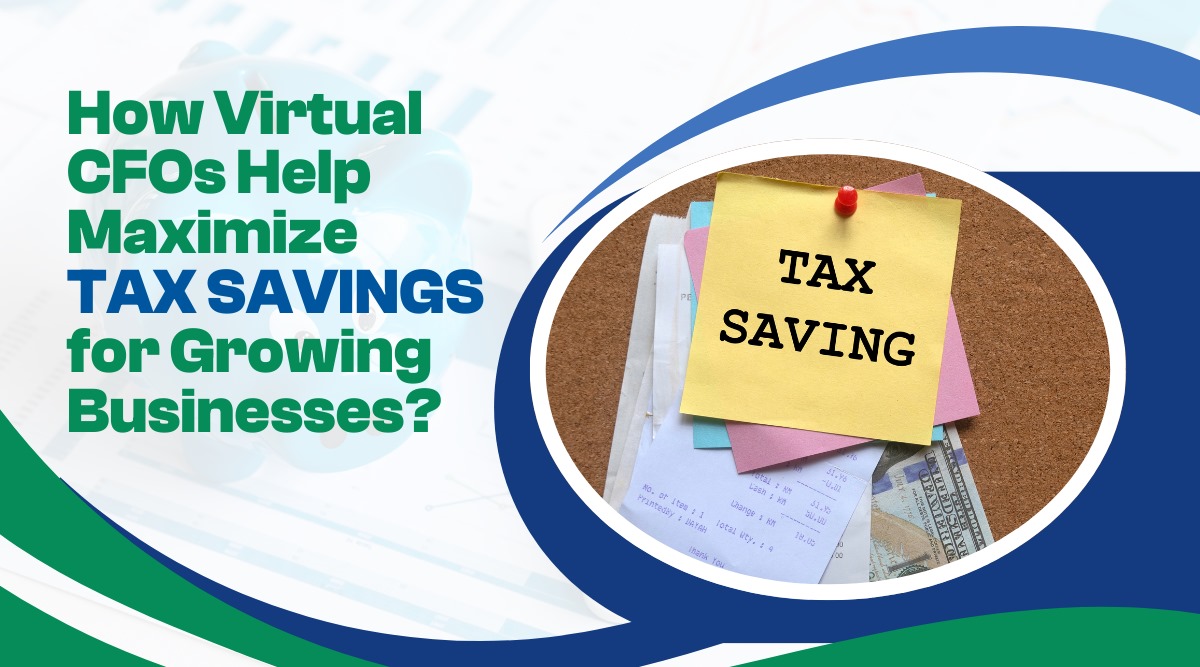The IT sector in India is experiencing significant changes due to the implementation of GST, which has fixed the tax rate at 18%. This new tax system has merged service tax, VAT, and excise duty into a single entity, resulting in various advantages for the IT industry. While the elimination of cascading taxes has simplified the tax system, it is important to comprehend the effects of GST on this sector to gauge its impact on businesses.
Taxability of Installing New ERP
Companies typically install their accounting systems and ERP software in phases, such as implementing ERP in batches. This process involves entering into long-term contracts that can span several years. ERP experts evaluate the needs of the business, create customized software, provide employee training, and ensure that the software remains up-to-date through regular maintenance and updates. The payment for this contract is spread out over time, and the service tax was charged accordingly. With the introduction of GST, these services will be considered as continuous or periodic supplies and will be taxed accordingly.
Software Developers And Sellers
Fintech companies are in a competitive race to create GST software as this new tax system presents a significant opportunity for growth in the Indian market. The implementation of GST is expected to have a positive impact on these companies, as it will open up a vast market across India. The high demand for GST software by businesses will provide a substantial boost to software developers operating in this domain.

Freelance IT Service Providers
India is the largest exporter of IT services, and the export of information technology plays a crucial role in generating foreign exchange for the country. These exports are categorized as zero-rated, and businesses can claim a refund on input taxes paid. In the case of exports of services, the default rule for determining the place of supply is the location of the service recipient, provided their address is available.
Exporters need to ensure that they can produce the address of the service recipient to the authorities when requested. The default rule for determining the place of supply applies to various IT/ITES services, including software development, BPO operations, and software consultancy. Additionally, this rule also extends to other services such as software support/maintenance and intermediary services, as there are no exceptions under GST.
Export of IT Services
Freelancers offering IT services are now subject to an increased GST rate of 18%, as opposed to the earlier service tax rate of 15%, causing financial imbalances in their annual tax liabilities. The GST tax structure for bloggers providing IT services is still ambiguous, as they are required to register for taxation under the new system. However, bloggers earning less than INR 20 lakh annually may not have to pay any taxes. This provision poses a challenge for freelance bloggers who offer IT services, as it remains unclear whether they must register under GST or not.
Infrastructure Expenses and Credit Claims
Businesses are in a rush to update their ERPs to comply with the new GST regulations for Information Technology, which has led to increased spending on infrastructure. Under the previous tax system, businesses were unable to claim credits for maintaining a quality working environment, as it was categorized under aesthetics. However, the new GST system enables IT service providers to claim full refunds on annual maintenance services.
Conclusion
Based on the analysis, it can be inferred that the impact of GST on the IT sector in India may be somewhat ambiguous. Despite the 18% tax rate, the industry is expected to grow significantly. Therefore, it can be concluded that although GST presents some initial challenges for the IT sector, it is expected to be just another economic reform that can be managed effectively over time.
Ease Up can help you in understanding the implications of GST on it sector. If you’re considering outsourcing your Taxation and accounting functions, your search for a reliable partner ends here. We provide Tax Services for the Technology Industry & we are leading Accountants for Tech companies in India. We have provided services to multiple Tech companies and helped them in their accounting and bookkeeping functions.
We at Ease Up are a full-suite Financial Management service provider for Technology and Digital Companies like Software Companies, Information Technology Outsourcing Companies, IT Enabled Service Providers, SAAS-based companies, etc.
Achieve financial efficiency and expand your Tech company effortlessly with Ease Up.








